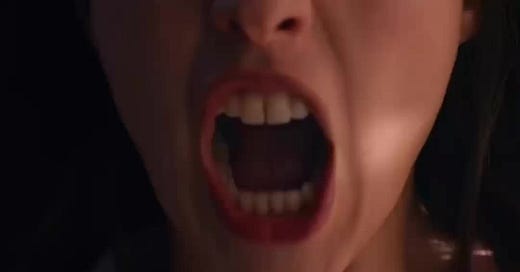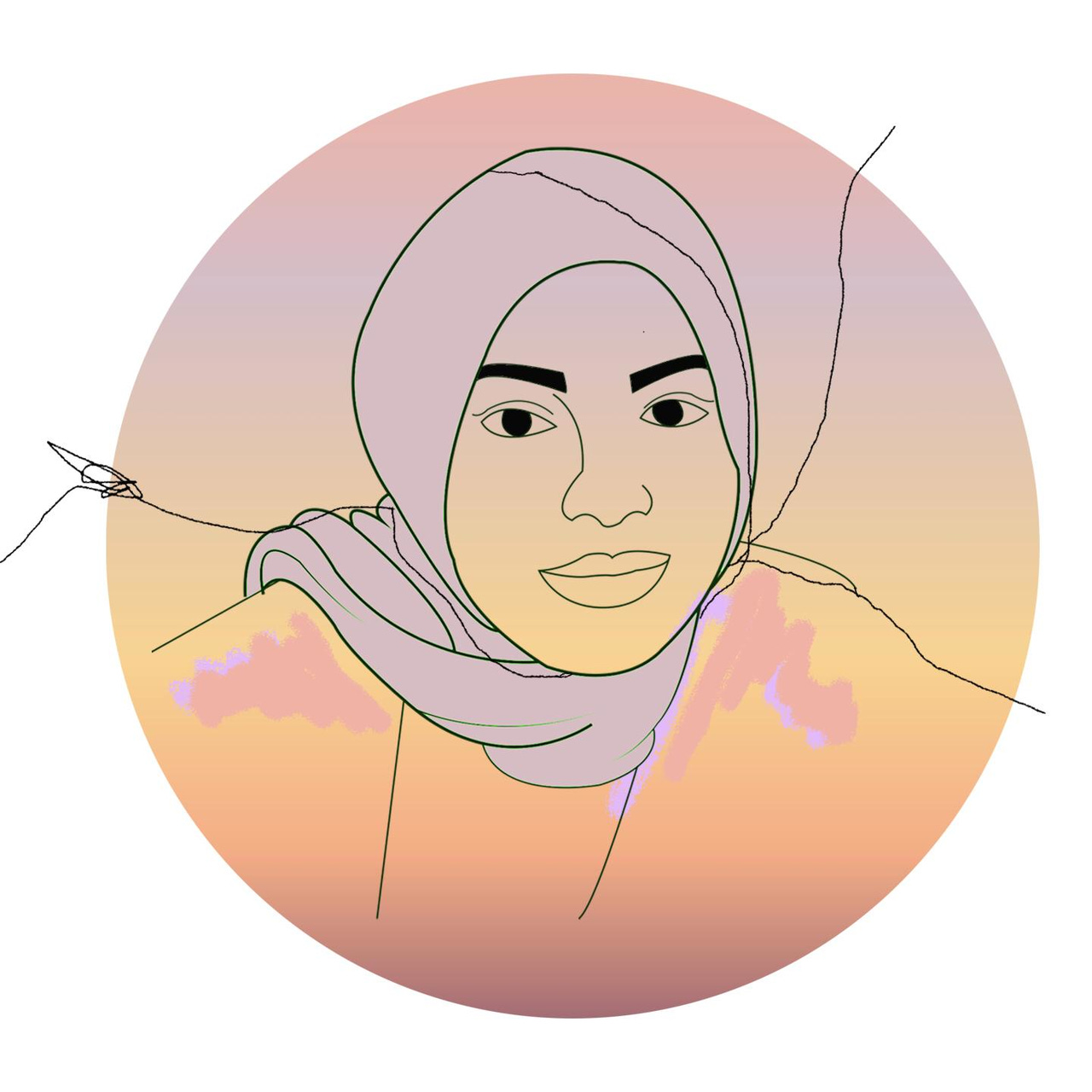I spent the last couple of months travelling across South America, and it was incredible. For the trip, I packed with precision (mainly because of limited luggage allowance), otherwise you best believe I was taking everything. Sensible shoes, practical layers, and, most importantly, an expertly curated selection of beauty products, each one chosen to withstand the trials of tropical humidity, high-altitude dryness, and the occasional moment of vanity. Serums for hydration, balms for lips, an arsenal of SPF.
I told myself this was pragmatism - plus I had seen one too many backpacker TikTokers telling me to just take these beauty products - I would regret otherwise. And yet, weeks into my trip, I’d used approximately 5% of my products. The rest, pristine, untouched, was donated somewhere along the way, within the first couple of weeks of the trip. As it turns out, no one is contouring in the Galápagos.
What I wasn’t prepared for was the relief of abandoning my routine, followed swiftly by the creeping realisation of just how much space it had occupied in my life. I didn’t feel guilty about it; I felt free. Not to be dramatic (except absolutely to be dramatic). Free from the endless cycles of application and removal, free from the internal monologue assessing whether my skin looked “fresh” or “dull,” free from the strange sense of duty that had attached itself to the simple act of looking presentable.
And yet, that freedom came with an unsettling question: if beauty is supposed to be pleasurable, why did letting go of it feel like coming up for air? (Again with the dramatics.)
Ellen Atlanta’s recent piece for Dazed on beauty burnout resonated with me because it articulated something I’d long felt but never quite put into words. Beauty culture doesn’t just demand participation, it demands commitment. It is a full-time job, one with no paid leave, where the performance of effortlessness requires increasingly elaborate effort.
The industry has done something quietly insidious: it has rebranded labour as self-care, convincing us that the pursuit of beauty is a form of personal investment rather than a constantly shifting set of external demands.
Jessica DeFino argues that beauty work is unpaid labour. Performed mostly by women, reinforced by social and professional incentives, and near-impossible to fully opt out of. The industry doesn’t just sell products; it sells the belief that we are never done. The moment we feel satisfied, a new flaw is identified, a new technology emerges, a new trend that needs our attention. The rules change just fast enough to keep us running in place. It’s tiring.
And the stakes? Well they’re not imaginary, that’s for sure. The global beauty industry is worth over $571 billion. Women, on average, spend £400,000 on beauty in their lifetimes. Studies show that women who wear makeup to work are perceived as more competent, more trustworthy, are even promoted more.
Beauty, despite the industry’s insistence that it is purely a personal choice, is a currency. One that women are still expected to trade in if they want to be taken seriously.
At home, I never questioned my beauty routine. It was automatic, a quiet hum in the background of my day: the layering of skincare, the subtle application of makeup, the endless maintenance of “healthy” hair. But away from my home environment, it revealed itself as something else not just a habit, but a set of ingrained behaviours, shaped less by personal desire than by the invisible strings of beauty culture.
No one had explicitly told me to apply concealer before leaving the house, to tame flyaways, to ensure my skin maintained a certain standard of glowiness (well maybe just a billion videos on social media and thousands of articles and ads, but you know what I mean) yet I had internalised the expectation nonetheless. I was, am, performing an idea of beauty to appease my audience, who, in this case, are the standards placed on us.
Here’s the thing: I still love beauty. I still enjoy the ritual of a skincare routine, the drama of a bold lip, the occasional satisfaction of a perfectly executed winged liner. But what I don’t love is the expectation that beauty must be constant, that opting out—even temporarily—feels like a dereliction of duty. We’ve all been there, the rush of “what’s happened?” “Are you ok?” “You don’t look so well” that one day you don’t wear your daily eyeliner.
Travelling turned out to be an unexpected kind of detox. Not the kind where you swap meals for green juice, but the kind that forces you to step back and see beauty culture for what it is: an economy that thrives on our sense of inadequacy.
And when I stopped participating, it felt good. Really good.
The big question, now that I’m back, isn’t just whether I’ll fall back into old habits, it’s why opting out ever felt radical (for the drama) in the first place. Because that’s the real trick of beauty culture: it convinces us that the work is invisible, that the effort is just part of who we are. But what if it isn’t?
who wrote this?
Zeynab Mohamed is a London-based freelance writer whose writing explores the intersection of beauty, identity, and culture. Her writing has appeared in ELLE, Dazed and Women’s Health, but find her unfiltered musings on her substack, Face Value.








I went through beauty burn out and emerged on the other side feeling a lot better. The first question to answer is: do you know anyone past 45 that looks 25 just because they up kept their beauty routine and did not use any beauty enhancing surgery? Even celebrities, they have more money than most and still age at some point. None of this goo application actually does anything. All I use now is Vaseline for my lips, non descript moisturizer for body and face, drug store mascara, a well matched foundation and a drug store brand blush. I use them until their are completely done. So far no one noticed anything , I don’t receive less or more compliments than when I was spending hundreds on brand names products. I mean zero change… my face looks the same.
“beauty as unpaid labor”
This is a profound set of words.
I cannot believe I have not said them before.
I see it differently but with no less of a profound realization, but building from this.
Almost like a spy, the beauty seduces the observer into an unconscious opinion on what (who) is in front of them.
Knowing the gaze is judgemental and can dole out rewards, resources, or punishments, choices can be made with this power of influence, smoke and mirrors, distraction, seduction, convincing…
…in other words it becomes strategy.
Some say beauty is príveledge, and it IS.
Beautiful babies get held more, beautiful children are adored more, beautiful adults are chosen more, and so on.
When beauty fades, resources are lost and rewards are forgotten.
Our human brains literally work this way. There is no way out of it.
Only to use it and to more consciously chose our cultural standards to be closer to human health, rather than the deprivation of it.
To name this as work, is deeply telling and 100% true.
At least the pretty, batting eyelashes, are open.
Thank you for your work✊🏽🔥